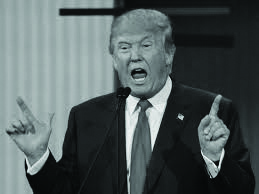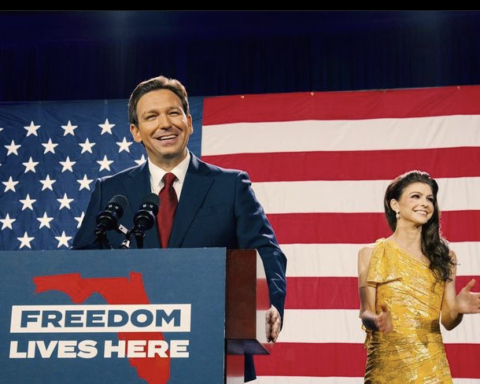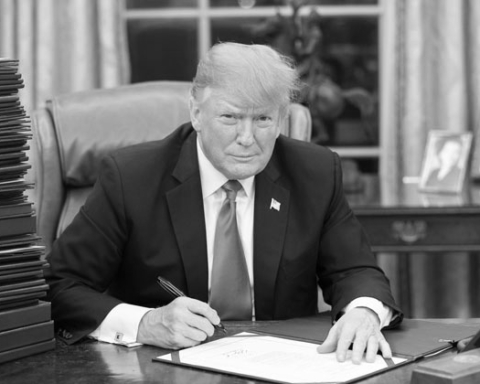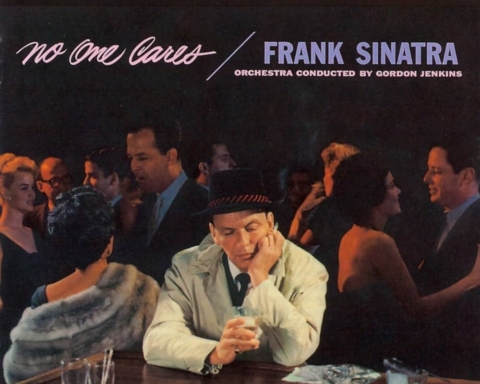Ever since President Donald Trump announced he was running for presidency, his rhetoric and word choice has been criticized heavily by the media. Whether it be something that he tweeted, something he said in a speech or rally or something he had said in the past, much of what Trump says would not classify as being “politically correct.”
This past week specifically, when referring to the impeachment inquiry, Trump tweeted, “So some day, if a Democrat becomes president, and Republicans win the House, even by a tiny margin, they can impeach the president, without due process or fairness or any legal rights. All Republicans must remember what we are witnessing here- a lynching. But we will WIN!”
When Trump calls the impeachment inquiry “the greatest witch hunt in American history,” although incredulously incorrect considering the literal witch hunt that occurred in Salem and McCarthyism, he is simply overexaggerating. But when he refers to the inquiry as “lynching,” it is completely unacceptable.
For those unaware, lynching is the act of killing someone for an alleged offense, but without a legal trial. The practice was most prominent after the Civil War when white Klansmen would target black communities. Between 1882 and 1968, almost 5000 people of color were lynched.
The term “lynch” carries such an arduous history that it should only be used when discussing the actual act.
Unfortunately, this was not Trump’s first offense of having a poor choice of rhetoric. He has dehumanized immigrants countless times by referring to them as “animals,” “killers,” “rapists,” “aliens” and “criminals.” By doing so he instills an anti-immigrant opinion, towards all immigrants.
And to say that his supporters do not take his words to heart is an understatement. Prior to shooting 20 people to death and over two dozen others, the shooter of the El Paso mass shooting over the summer released a manifesto online.
The 2,300-word document details the “Hispanic invasion of Texas.” It detailed a plan to separate America into territories by race. It warned that white people were being replaced by foreigners.
The four-page document said politicians of both parties were to blame for the United States “rotting from the inside out,” and that “the heavy Hispanic population in Texas will make us a Democrat stronghold.”
The shooter then continued to harp on automation and how immigrants are “stealing jobs from the natives.”
The shooter drove almost ten hours to shoot dozens of people.
Trump’s poor word choice often leads to ambiguity, disagreements and confusion on whether he actually meant whatever he said. After all, George Orwell, in his essay “Politics and the English Language” has warned against bad English.
In politics, words carry a heavy connotation. They do the same in real life. Using words such as “lynch” to describe a situation is never okay. Dehumanizing immigrants by using words such as “alien” or “animal” should not be acceptable. And when people call the act of immigration an “invasion,” they should be criticized.
Words matter. In politics, they are amplified. But in real life, your rhetoric counts just as much. As Aldous Huxley wrote, “Words can be like X-Rays if you use them properly.”
By Matthew Villanueva, Opinion Editor
villanjv18@bonaventure.edu









